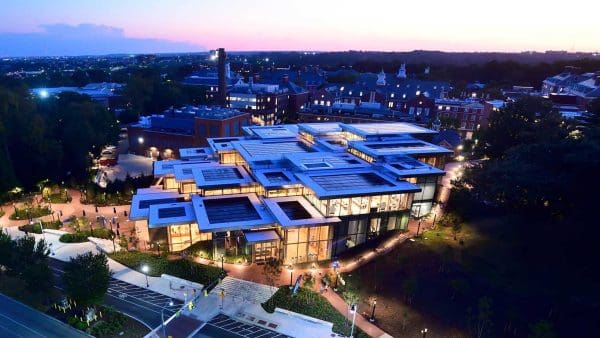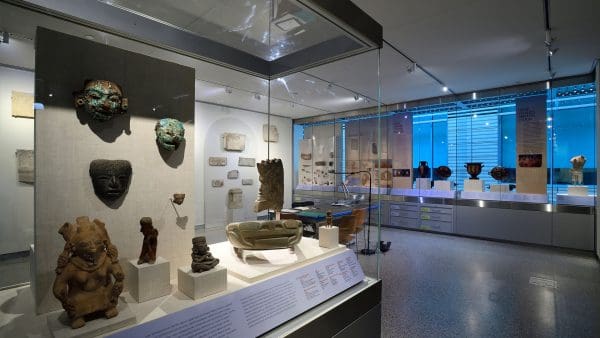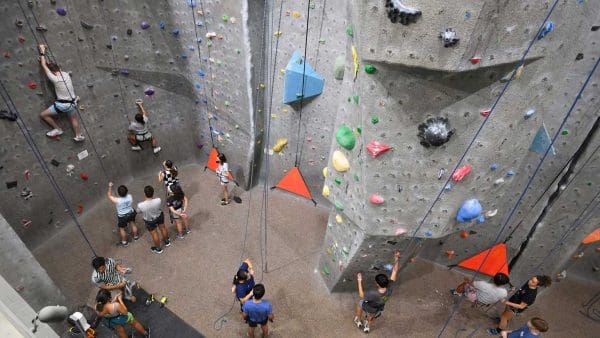
1. What is a typical day like for you?
During the semester, I meet one-on-one monthly with the roughly 82 Woodrow Wilson students and one-on-one quarterly with the 50 or so DURA students. I also give student workshops on topics from choosing a mentor and making a research budget to applying to grad school or med school. The rest of my time is spent planning events for the Woodrow Wilson recipients, where they network with other fellowship students, and planning for when we host visiting student researchers during the summer.
2. You work with many students who are new to research. What are one or two key messages you give them about conducting research?
Instead of being focused on certain career objectives—even though they need those—I tell them they need to focus on what they love. Because otherwise, they cannot go for years, and possibly a lifetime, in that direction. I ask them, ‘What do you love? What are you into? What do you write about in notebooks? What do you have to know more about?’ I want them to make the choice out of real passion. After they choose a topic, I usually need to encourage them to pace themselves. It’s a really hard balance between them getting excited and finding something they want to work on and then realizing they have to do the grunt work.
3. What is your favorite part of the job?
I love seeing when the students are just frothing with excitement about their project. They come in and tell me all these crazy things—like getting a mouse to go toward a certain colored light instead of another colored light and how that’s going to change ocular cancer research. Even if I’m not an expert in that field, I just love to hear the work they’re doing. They’re stumbling over themselves because they got to a place they didn’t think they would get to. And they feel they are part of something.
4. What role has research played in your professional life?
I am a first-generation American and the first generation to go to college, so when I started at New Mexico State, it was really confusing and difficult. But I got accepted into the McNair Scholars research program, which is a federal research program for ethnically underrepresented or first-generation and low-income kids. I got close to the head of the French department who was overseeing my project about the theorist Hélène Cixous. My mentor encouraged me to apply to grad school and helped me arrange to study abroad, and later, teach high school in France for a year. I was even able to take a class with Cixous and [theorist Jacques] Derrida. Doing that project and building that relationship with my mentor literally changed everything in my life. The first time I ever saw myself in my education was through undergrad research. It really was transformative.
5. How do you measure success in this program?
It sounds really cheesy, but for me, it’s two things: the students being happy in their work and then beginning to realize how their research is going to feed into their future.
—Compiled by Mary K. Zajac




